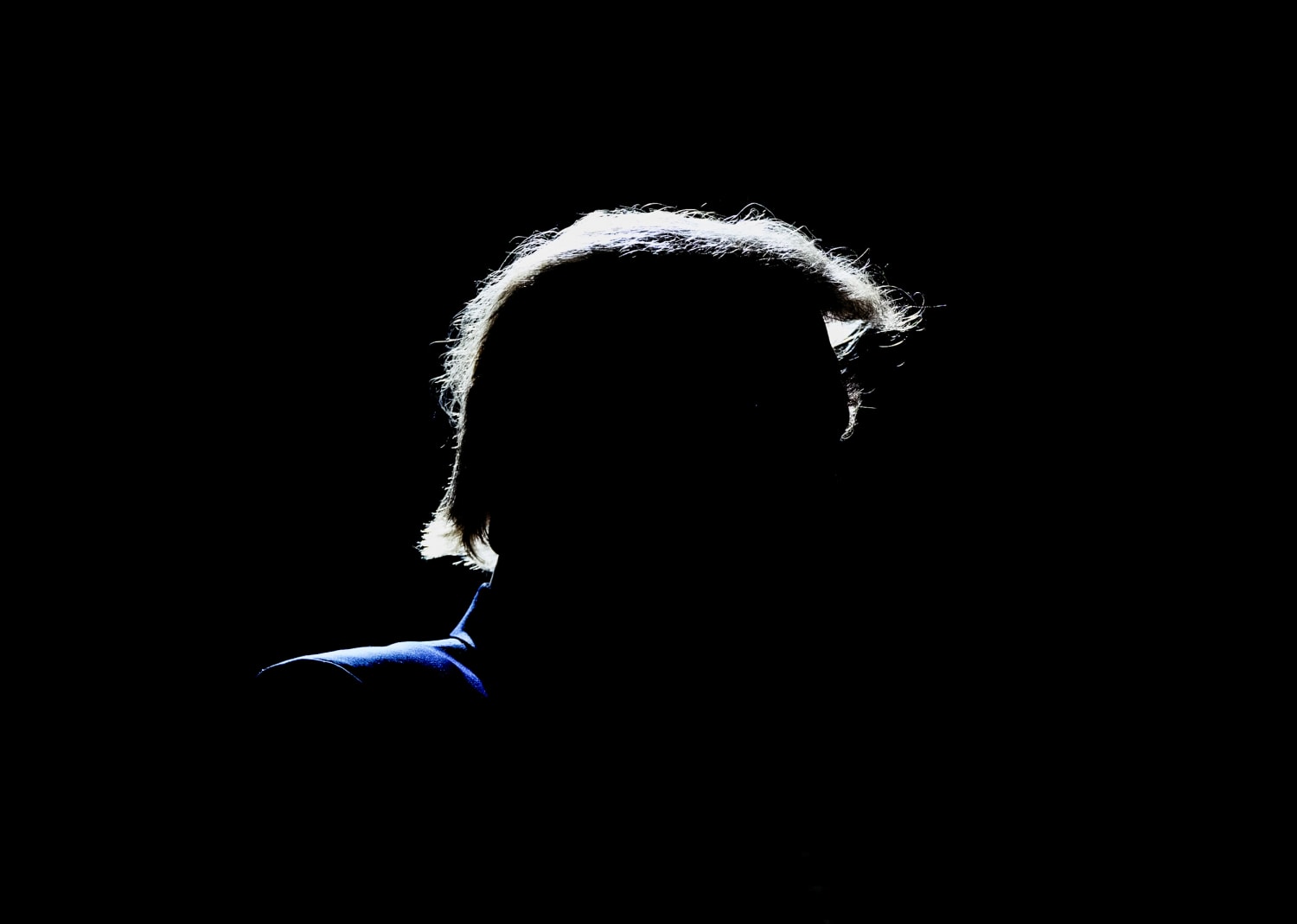During a hearing last Thursday, Magistrate Judge Bruce Reinhart, who approved the FBI’s search of Donald Trump’s Mar-a-Lago estate, expressed an inclination to publicly release portions of the affidavit supporting the search request.
By Monday, it seemed that he may have had a slight change of heart.
While ostensibly reiterating his earlier position that the affidavit should not be entirely sealed, in a new 13-page order issued Monday, Reinhart tamped down expectations about what might be revealed. He essentially backed away from the possibility of a significant release of material.
An affidavit with most of its text blacked out is more likely to engender public distrust and promote conspiracy theories than if the entire document had remained sealed.
Instead, he indicated that the possibility of the world seeing much of the affidavit may be far less likely. “I cannot say at this point that partial redactions will be so extensive that they will result in a meaningless disclosure, but I may ultimately reach that conclusion after hearing further from the Government,” he wrote.
We should all hope that he reaches that conclusion because even a partial disclosure of the affidavit would be an extraordinary blunder. Such an order would be a dramatic and ill-conceived departure from the normal secrecy afforded an affidavit supporting a search warrant application, especially at an early stage of an investigation.
Reinhart ordered the government, which had vehemently argued against the release of any parts of the affidavit, to file proposed redactions of the document by noon on Aug. 25.
The hearing occurred after news organizations, including NBC News, asked for the affidavit’s release.
In response to the news organizations’ request, government lawyers stated in a court filing before Thursday’s hearing that publicly releasing the affidavit “is highly likely to compromise future investigative steps” and impact the willingness of future witnesses to cooperate.
And Reinhart’s new order on Monday explicitly acknowledged the strength of the government’s arguments.
In it, he admitted that first, any disclosure might increase the risk that the FBI special agent who signed the affidavit and other witnesses could be identified via social media. Second, the government’s claim that disclosure would reveal sources and methods used by investigators made sense. And his third reason should appeal to even the most ardent Trump supporter: The affidavit describes the physical premises of Mar-a-Lago; this information could make the Secret Service’s job of protecting Trump more difficult.
Seemingly, Reinhart is validating arguments that could justify a decision to deny even partial release of the affidavit.
However, because his order on Monday wasn’t a complete walk back from what he indicated on Thursday, government lawyers face a conundrum.
They could seek to appease the court and submit a redacted version of the affidavit — possibly only revealing a few words or phrases — or they could spurn the opportunity to submit a proposal that would permit even limited public disclosures.
Seemingly, Reinhart is validating arguments that could justify a decision to deny even partial release of the affidavit.
If the lawyers choose the latter, the Justice Department will preserve its position that any disclosure, no matter how limited, could impair the investigation and potentially allow the identification of witnesses whose testimony supported the search warrant application.
Refusing to support any disclosure, however modest, makes sense as the magistrate’s ruling is the beginning, not the end, of the litigation.
Reinhart’s ruling ordering a redacted affidavit can be appealed to the United States district court. That ruling, in turn, could be appealed by any dissatisfied party to the 11th Circuit Court of Appeals.
Although the Supreme Court ruled in 1978 that the public has a qualified right to review court records in a case involving the copying of former President Richard Nixon’s White House tapes, the court stated that such a right is not absolute, and a court can deny access.
Reinhart acknowledged this principle in Monday’s order.
In 2005, a federal appellate ruling applied this standard to deny disclosure of a search warrant affidavit. The media unsuccessfully sought the release of the affidavit justifying a search warrant executed in an investigation of the Sept. 11, 2001, terrorist attacks. The affidavit remained sealed when the 4th Circuit Court of Appeals upheld a magistrate judge’s order sealing a more than 100-page affidavit.
The court of appeals wrote: “The documents presented to the court demonstrate that the government’s interest in continuing its ongoing criminal investigation outweighs the petitioners’ interest in having the document opened to the press and the public.”
That’s the precise point that government lawyers are arguing to Reinhart.
If he orders the release of a redacted version of the affidavit, the Justice Department lawyers’ appeal will be bolstered by this prior appellate opinion affirming that the affidavit in a sensitive investigation should be withheld from the public.
No deadline has been announced by Reinhart as to when he will rule about what portion of the affidavit could be disclosed. Instead, he cautioned last Thursday, “This is going to be a considered, careful process.”
However, the process will be fraught with peril. The very existence of redactions can create misunderstanding. The parties seeking the release of the entire affidavit will have no role in deciding what is redacted. Neither they nor the public will know whether the redactions alter the gist of the affidavit.
An affidavit with most of its text blacked out is more likely to engender public distrust and promote conspiracy theories than if the entire document had remained sealed.
In this super-charged political environment, even a partial release of the affidavit’s contents could imperil the investigation. Law enforcement agents and potential witnesses might find themselves in danger from zealots motivated by the frenzied rhetoric about the search of Mar-a-Lago.
On Monday, Reinhart wrote that these “concerns are not hypothetical,” citing the attack on the FBI office in Cincinnati and “increased threats to FBI personnel” since the search.
That being said, the rule of law, the integrity of the investigation and the safety of law enforcement personnel and witnesses demand that the affidavit remain sealed.
With the harsh national spotlight laser-focused on the Florida court proceedings, the danger caused by a wrong judicial decision is incalculable.
Source: | This article originally belongs to Nbcnews.com












